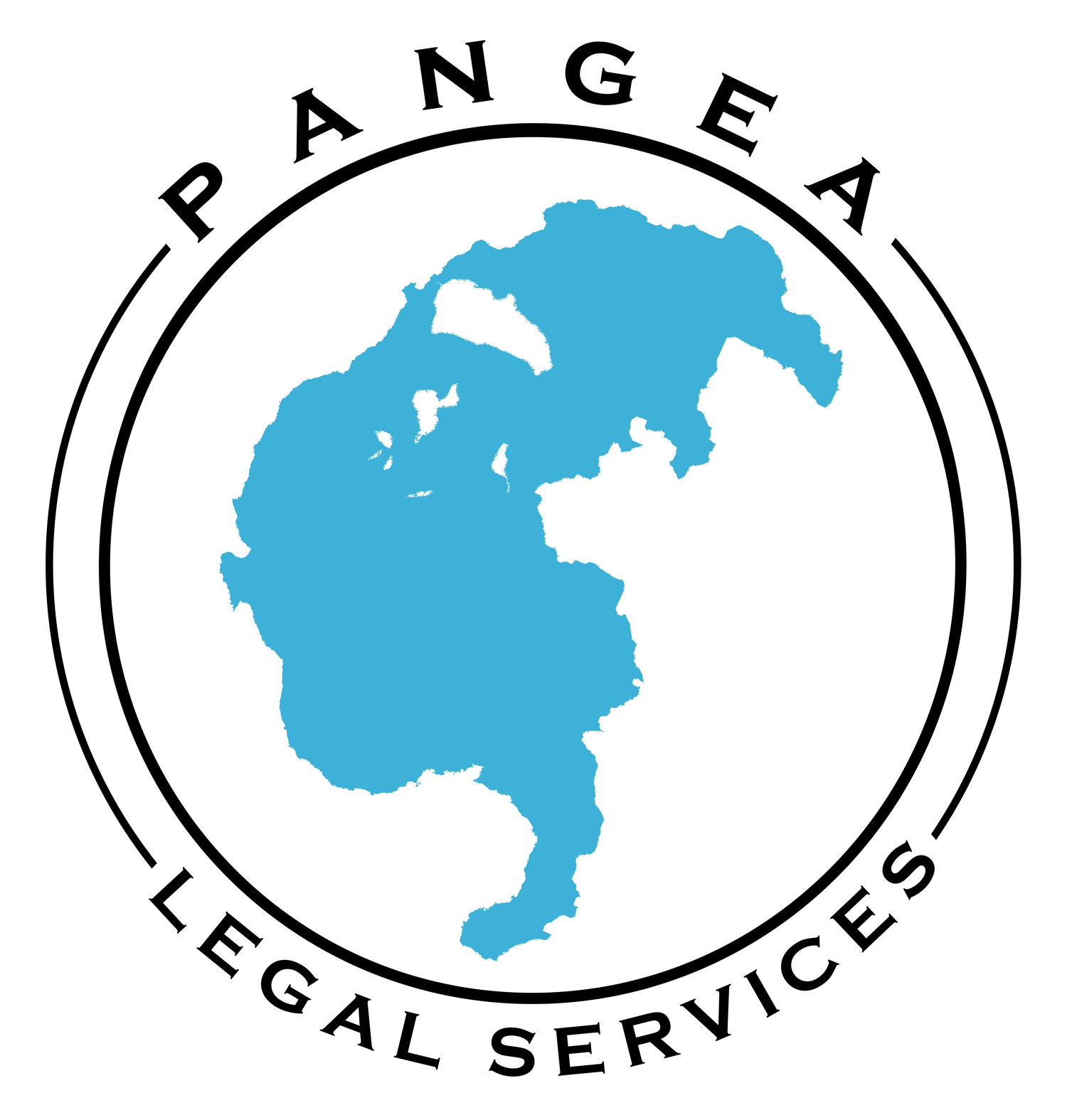During the second week in October, San Francisco's Mayor Ed Lee signed the Due Process for All Ordinance . The ordinance eliminates ICE holds for individuals in San Francisco unless narrow and specific conditions are met. This ordinance addresses the negative impact of Secure Communities (S-Comm), a massive federal detention and deportation program that has torn apart communities, left children as orphans, and destroyed families. The Due Process Ordinance offers a powerful example of a "ceiling" as one of the nation's strongest policies addressing the problems with S-Comm. In rejecting the vast majority of ICE holds, our local ordinance will ensure equal treatment under the law.
In addition, over the last few weeks, California's Governor Brown signed into law several important immigration-related bills that are designed to protect immigrant rights statewide. These new laws represent a major victory for California immigrants and their families.
- AB 4, the landmark bill signed into law this month is the Trust Act. This pivotal law demonstrates California’s leadership in ensuring that immigrants are treated fairly and with due process under the law. The Trust Act prohibits local police from detaining immigrants for longer than necessary in order to turn them over to federal immigration authorities. This law, like the local Due Process for all Ordinance, was passed in response to the federal S-Comm program, which conducts mandatory immigration checks on everyone booked into local jails and has resulted in the deportation of thousands of individuals with no criminal records. While the San Francisco Due Process for All ordinance acts as a ceiling, the Trust Act serves as a floor guaranteeing the rights of detainees. The Trust Act goes into effect on January 1, 2014.
- AB 60 represents another milestone for California immigrants. This law allows undocumented immigrants to apply for a driver’s license, making California the 10th state to do so. Previously, all individuals had to provide proof of lawful residence in order to receive a driver’s license. The law seeks to increase safety by ensuring that all drivers are properly licensed, trained, pass the DMV driving test, know California’s traffic laws, and are properly insured. Such licenses will become available on or before January 1, 2015.
- AB 241, the Domestic Worker Bill of Rights makes California the third state in the nation with a bill of rights for domestic workers. California’s law will provide overtime pay to an estimated 200,000 California housekeepers, child care providers and caregivers when they work more than nine hours in a day or forty-five hours a week.
- AB 1024 allows undocumented immigrants to become licensed to practice law in California. This law was prompted by Sergio Garcia, a legal permanent resident who was brought to the U.S. as an infant and passed the California Bar Exam four years ago. He has been seeking to obtain a law license ever since, and his challenge reached the California Supreme Court. Under this law, the Court may now authorized approval of qualified applicants regardless of their immigration status.
- AB 524 provides that a threat to report the immigration status or suspected immigration status of an individual or a member of the individual's family may induce fear sufficient to constitute extortion. This law clarifies existing law and broadens the acts that constitute the crime of extortion.
- SB 666 provides for a suspension or revocation of an employer's business license for retaliation against employees and others on the basis of citizenship and immigration status, and establishes a civil penalty up to $10,000 per violation.
- AB 1159 creates new restrictions and obligations on unauthorized persons who offer immigration related services. This law makes it an unauthorized practice of law for any person who is not an attorney to literally translate from English into another language the phrases “notary public,” “notary,” “licensed,” “attorney,” “lawyer,” or any other terms that imply that the person is an attorney.
- SB 141 requires that California Community Colleges and the California State University, and requests that the University of California, exempt a United States citizen who resides in a foreign country, and is in their first year as a matriculated student, from nonresident tuition if the student demonstrates financial need, has a parent or guardian who was deported or voluntarily departed from the U. S., lived in California immediately before moving abroad, and attended a secondary school in California for at least three years.
- AB 35 provides that immigration consultants, attorneys, notaries public, and organizations accredited by the United States Board of Immigration Appeals are the only individuals authorized to charge a fee for providing services associated with filing an application under the U.S. Department of Homeland Security's deferred action program.
Pangea Legal Services and our members have supported these policies (especially the Due Process Ordinance and the Trust Act) since the beginning of this year and for several years prior. Our participation was present through strategizing on the principles and language of the laws, submitting opinion articles, writing and signing numerous petitions, organizing community members to meet with lawmakers and other leaders, involving our clients to testify in hearings to educate leaders about the impact on our community, and many other advocacy efforts. We are proud of our strong-collaborative networks, our unified team work, and the opportunity to have been a part of the powerful advocacy efforts that led to the results we saw this month.
Pangea and community celebrate passage of SF Due Process Ordinance after supervisor vote at City Hall, San Francisco, CA

